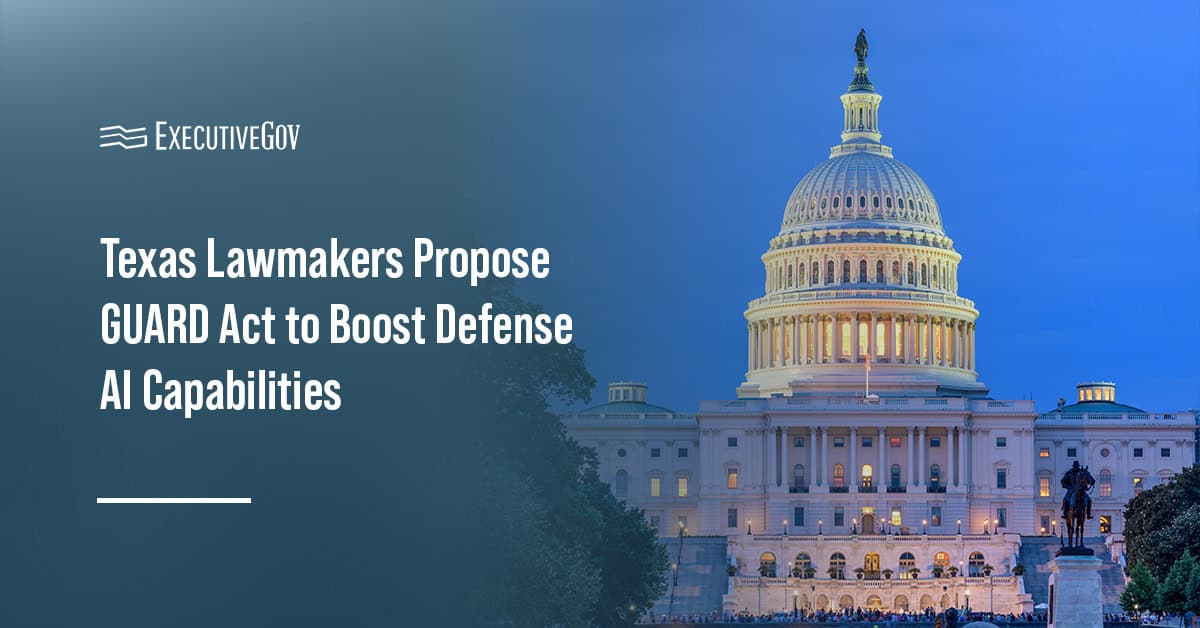
The Department of Health and Human Services is deploying blockchain technology to track and secure Continuous Diagnostics and Mitigation reports mandated by the Department of Homeland Security, Nextgov reported Friday.
Oki Mek, chief technology officer within HHS’ acquisition division, told the publication that the department is rolling out the technology on an enterprise level and that encrypting log transactions through a blockchain ledger provides transparency while preventing the manipulation of data.
He noted that he aims to expand the effort to other systems including those used for financial purposes.
“My goal is to educate people that we have a lot of data and we need to make sense of it, and we also need to evolve with the big data paradigm shift,†he said.





